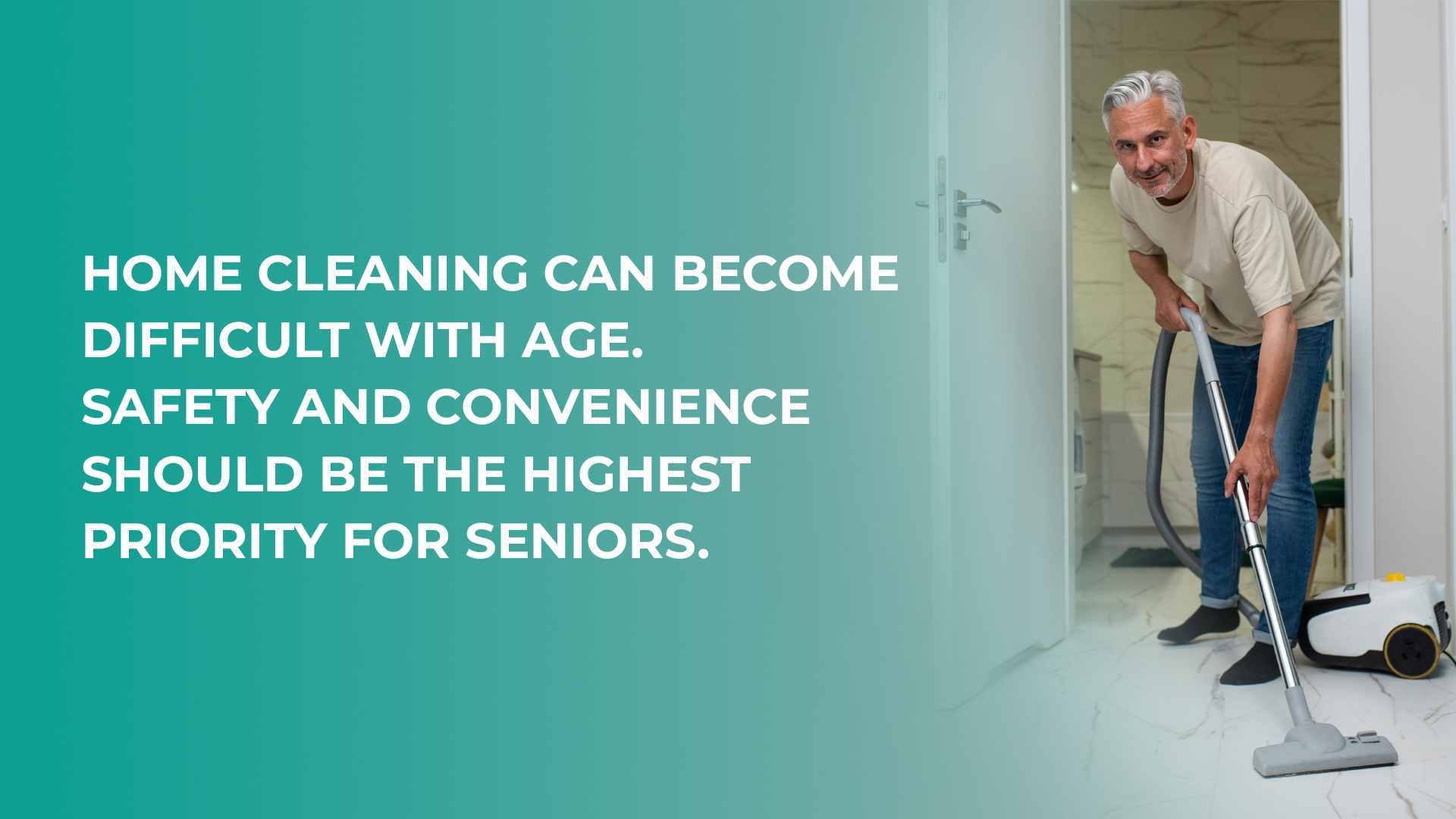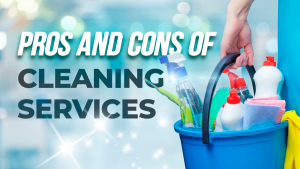Licensed And Insured

House Cleaning Tips for Seniors
As a homeowner, keeping your home safe and clean can become difficult with age. Although cleaning the house can be a chore at any age, seniors suffer the most when removing dust, grime, and grease stains from hard-to-reach places.
If you have older parents or elderly family members who are living independently, you may notice that they seem to struggle more to keep their home as neat and clean as it used to be. When it comes to physically taxing tasks and mobility, maximizing safety and convenience should be the highest priority for seniors.
This article will explore house cleaning tips to manage hygienic home environments, remove excessive clutter to reduce risk, and help your senior family members stay self-sufficient.

Quick Takeaways
Seniors need to look for solutions that maximize safety and convenience when sprucing up the house. Certain tasks are hazardous for the elderly such as handling tools like mops or vacuum cleaners in hard-to-reach places can cause serious physical injuries.
Here are some quick takeaways to help you modify hazardous tasks to make them manageable for senior citizens –
- Remove any tripping hazards by decluttering
- Eliminate the need for ladders to clean hard-to-reach places by using extension tools like brooms and mops
- Use plastic wrap on shelves and keep a rolling cart to keep cleaning supplies
- Add a predetermined cleaning schedule to your daily routine
- Remove all unnecessary risks by enlisting professional help to manage any house cleaning tasks requiring physical labor
Follow these quick tips to prioritize safety when managing a healthy home environment for your senior family members and loved ones.
7 Best House Cleaning Tips for Senior Citizens

Many seniors can manage common cleaning tasks independently, yet certain chores can be physically and mentally taxing for those with physical limitations. As 3 million seniors in the US are treated for injuries from falls every year, removing risky chores from your cleaning checklist or using helpful tools to manage your tasks efficiently might be the best route to take.
Here are seven useful house cleaning tips for seniors to keep their homes safe and hygienic –
1. Create an Exact Cleaning Checklist
When planning this cleaning checklist, it’s best to ask the senior members of your family for their input. Creating a detailed and prioritized checklist helps convert overwhelming tasks into small chores to minimize the chances of injuries and sharing by other family members.
Scheduling shorter sessions for daily house cleaning allows elders to not be physically or mentally drained, requiring less elbow grease.
2. Decluttering Is Monumental
Most seniors live in the same house for years, often having collected hundreds of possessions of emotional value, which can be difficult to throw away. With more items in your home, it becomes more difficult to keep everything clean and hygienic.
When decluttering your rooms, it’s best to divide the items into three categories: keep, donate and throw out. Help your elders separate their items into different bags to be kept, donated, or tossed.
3. Avoid Using Harmful Chemicals

Using natural cleaning products such as lemons, baking soda, white vinegar, and others daily is entirely safe for the elderly and helps keep your indoor environment hygienic.
4. Use Smart Cleaning Tools
With the digital age comes the discovery of cleaning gadgets to make your life easier essentially. This applies to cleaning professionals, as seniors who suffer from mobility issues can benefit from these technological advancements.
This time-saving and cutting-edge equipment allows the elderly to keep their home clean and organized without requiring much elbow grease.
5. Give Your Loved One a Low-Impact Task
Removing dust and grime can sometimes require moving heavy appliances and furniture, which can be quite risky and physically taxing for seniors. If you’re looking to help an older family member spruce up their home, it’s best to give them a low-impact task to handle.
Using a vacuum or a mop with an extendable handle is the best way to go to reach inaccessible places like beneath the refrigerator or under the couch.
6. Vacuum Instead of Sweeping

Using a quality vacuum is the best option for those looking to minimize physical labor. Compared to sweeping, vacuuming is time-saving and easy for seniors. It also helps improve indoor air quality by removing allergens and dust.
A high-quality vacuum can easily remove pollen, dust particles, pet hair, and other debris. For seniors, it’s best to invest in lightweight vacuum cleaners for easy mobility.
7. While Cleaning, Avoid Bending
Senior citizens with mobility issues have difficulty removing stains from floors and other lower surfaces.
To avoid bending down too often, you can simply prepare a cleaning solution by mixing dishwashing liquid, white vinegar, and warm water in a spray bottle, applying that on the affected surface, and waiting 10-15 minutes before scrubbing it off. You can use a sponge with an extendable handle to achieve the same results without bending down.
Final Thoughts
Keeping quality hygiene levels to maintain indoor air quality is essential for senior citizens suffering from different ailments.
Keeping a home clean and organized can be stressful for even the physically fit. So, follow our tips to help your senior family members and loved ones keep their indoor environment healthy and risk-free.
FAQs
Q: What is the first thing you should do when cleaning a house?
Answer: Removing clutter should be the first step to sprucing up your home. Having a bunch of junk in your way can easily slow down your progress, so it’s best to manage the clutter and tidy up before moving onto the heavy-duty tasks at hand.



